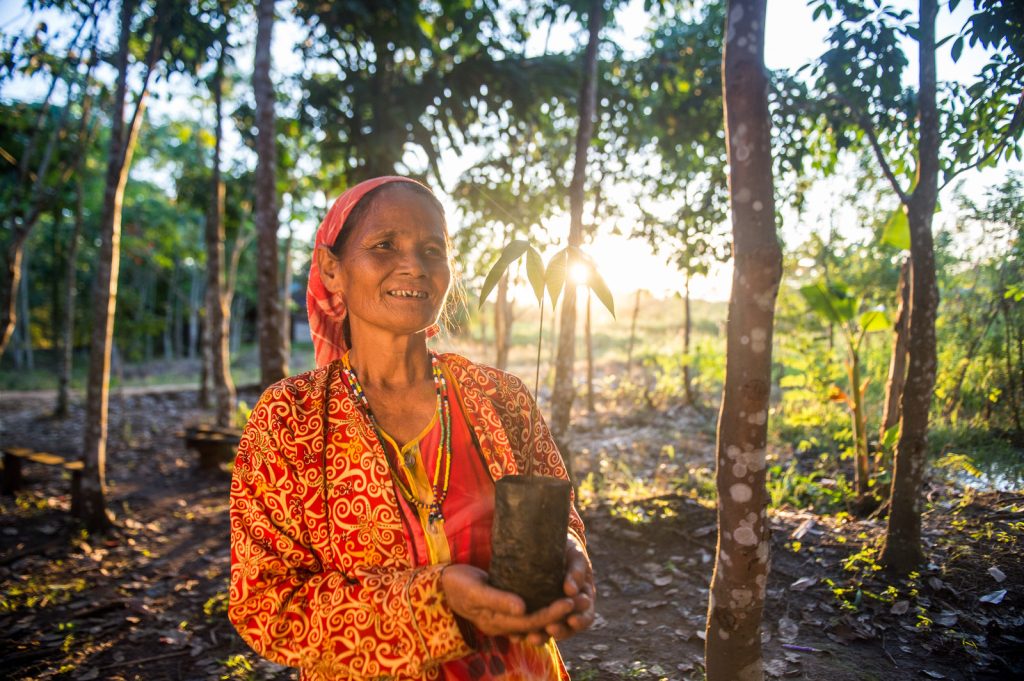Conservation efforts are key to human health, especially in developing nations. To help nations protect the most vulnerable workers, new research incorporates conservation considerations into occupational health and safety frameworks.
The Gist
Published recently in Current Environmental Health Reports, the study collates all current research on heat exposure and traumatic injuries. “Then we took two well-established public health frameworks and incorporated conservation and land use considerations,” says Yuta Masuda, a sustainable development and behavioral scientist at The Nature Conservancy.
Occupational health practitioners use these frameworks — the Hierarchy of Controls Framework and the Socioecological Models Framework — to think about worker health and safety. But, until now, there hasn’t been explicit and direct incorporation of the various ways in which environmental degradation, especially deforestation, impacts the health of rural workers. The researchers also included ways that conservation actions, such as agroforestry or reforestation, could improve heat health of workers.
The Big Picture
Forests provide significant cooling services, providing shade and reducing the ambient air temperature through evaporative cooling. Those benefits are particularly critical for rural people in tropical countries, who often make a living from extended outdoor labor, or engage in subsistence farming. But these critical ecosystem services are being lost as deforestation increases worldwide.
Previous research from the team found that Indonesian villagers living in recently fragmented landscapes are more likely to report an increase in local temperatures, signaling a loss of the forest’s cooling services. This, in turn, could lead to increased heat stress or work-related injuries.
The Takeaway
Conservationists and climate activists are increasingly looking towards nature’s carbon storage capacity to help solve the climate crisis. But these natural climate solutions can also have significant benefits for improving health and occupational safety, particularly for workers in low-latitude, tropical nations.
“Many countries are making commitments to reduce deforestation or restore forested lands,” says Masuda. “Now that we understand the importance of cooling services more clearly, we need to work with the health sector to maximize efforts that provide these services for human health and well-being. Countries should recognize conservation’s role for both the climate mitigation and human health adaptation.”




It is a great step in incorporating conservation into public health. Like you said “Conservationists and climate activists are increasingly looking towards nature’s carbon storage capacity to help solve the climate crisis”. I believe the climate change could also be possible through stopping deforestation and developing empty lands into a greenery. Hope the crisis be in control and it is our responsibility to save the nature.